Sole proprietorship is one of the types of enterprise prescribed in the Law on Enterprises 2020. The owner of a sole proprietorship has full authority to decide on all business activities of the sole proprietorship, the use of profits after tax and the fulfillment of other financial obligations as prescribed by law as well as the right to lease or sell the sole proprietorship.
Before leasing or selling sole proprietorships, it is essential for the owner of the private enterprise to understand their rights, obligations and responsibilities before and after leasing or selling the sole proprietorship to avoid potential risks from these activities.

Firstly, regarding the leasing of sole proprietorships:
- The owner of the sole proprietorship has the right to lease the entire sole proprietorship.
- The owner of the sole proprietorship and the lessee of the sole proprietorship shall sign a sole proprietorship lease agreement in which the rights, obligations and responsibilities of the owner and lessee with regard to the business activities of the sole proprietorship are clearly stated.
- Within 03 working days from the effective date of the sole proprietorship lease agreement, the owner of the sole proprietorship shall notify in writing, accompanied by a notarized copy of the lease agreement, to the Business Registration Office and tax authority.
- During the lease term, the owner of the sole proprietorship is still liable as the owner of the sole proprietorship.
Secondly, regarding the sale of sole proprietorships:
- The owner of a sole proprietorship has the right to sell their sole proprietorship to other individuals or organizations.
- After selling the sole proprietorship, the owner of the sole proprietorship is still liable for any debts and other asset obligations of the sole proprietorship incurred in the period prior to the transfer of ownership, unless otherwise agreed between the owner of the sole proprietorship, the buyer, and the creditors of the sole proprietorship.
- The owner of the sole proprietorship and the buyer of the sole proprietorship shall comply with the laws on labour.
- The buyer of the sole proprietorship shall register the change of ownership according to the provisions of the Law on Enterprises 2020.
For more information, please refer to our related articles:
- What is a sole proprietorship?
- Procedures for establishing a sole proprietorship in Vietnam
- Investment apital of sole proprietorship owners.
Disclaimer: This article is solely for informational purposes. Its contents shall neither constitute legal advice nor be regarded as a detailed written legal advice for individual cases. Should you have inquiries on such matter, please contact us for more information.




Related posts
PROMINENT POINTS OF THE LAW ON E-TRANSACTIONS 2023
On June 22nd, 2023, the Law on E-Transactions No. 20/2023/QH15 was approved by the National [...]
Jul
Restricted and Conditioned Business Lines
Restricted and Conditioned Business Lines The development of Vietnam’s potential economy market has successfully attracted [...]
Oct
The Department of Labour, War Invalids and Social Affairs issued Decision No.1560/QD-LDTBXH
On October 17th, 2023, the Department of Labour, War Invalids and Social Affairs issued Decision [...]
Oct
Decision No. 364/QĐ-CA regarding the announcement of case laws
On October 1, 2023, the Supreme People’s Court has issued Decision No. 364/QĐ-CA regarding the [...]
Oct
Legal aid priorities for healthcare M&A in Vietnam
When it comes to M&A in the pharmaceuticals field, it goes without saying that this [...]
Sep
Amendments to 10 visa, exit and entry documents templates
On June 30th, 2023, the Minister of the Ministry of Public Security has promulgated Circular [...]
Aug